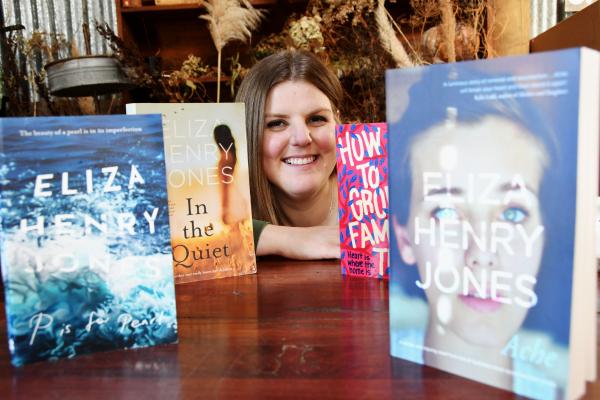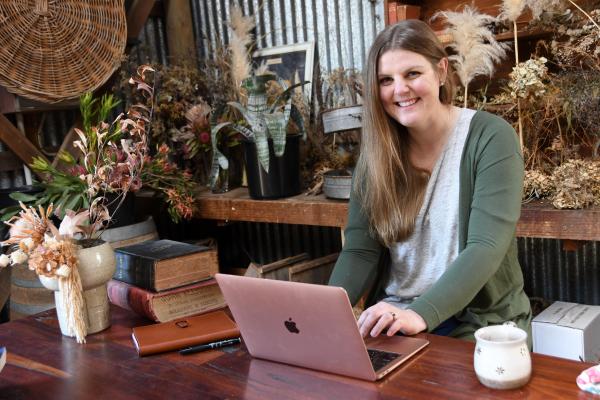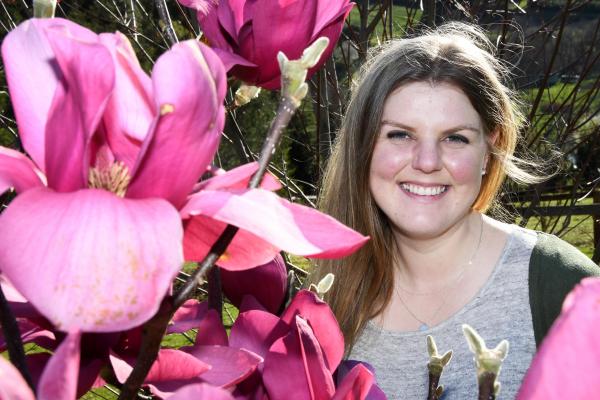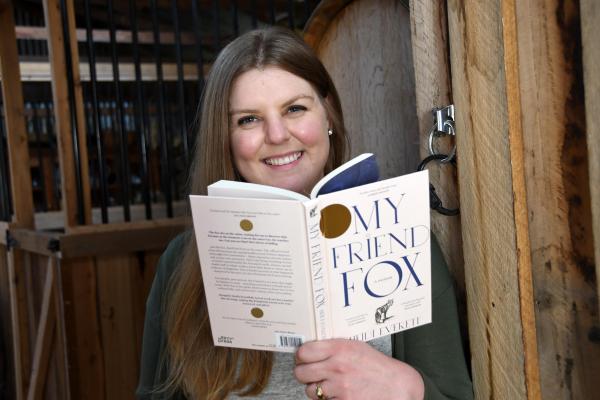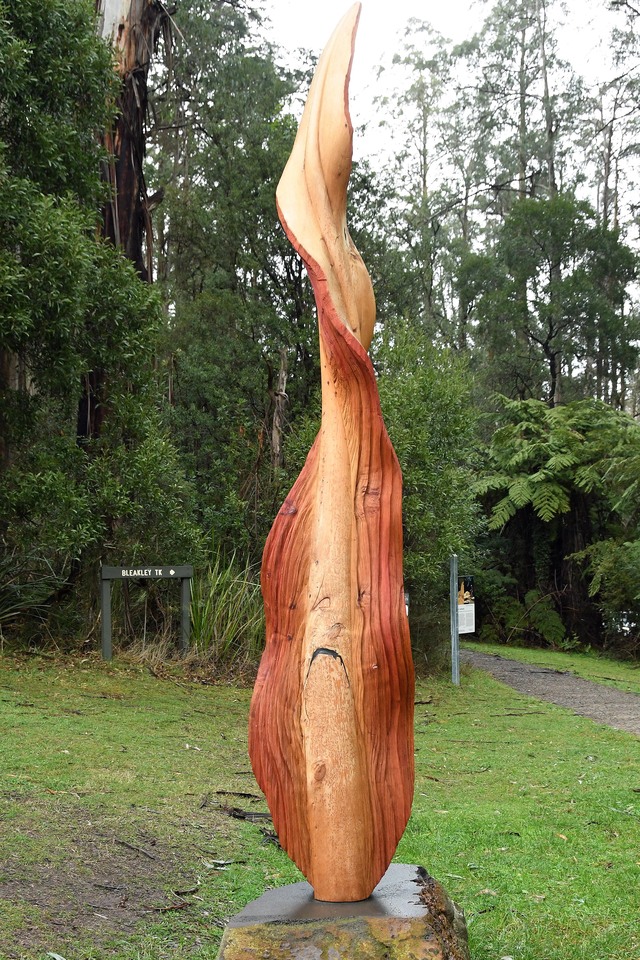There sure is a talent to making the written word hum, dissolving away the real world to find your imagination drifting into another life or place.
But alongside the escape, reading can also offer the chance to embrace how other people live, or understand your own path by seeing yourself in a character – and that’s just what Eliza Henry-Jones’ books offer.
Eliza started writing when she was 14 and wrote throughout her teen years as a way to explore her own life and find empowerment.
“It was a really safe way to explore issues I was dealing with, I could put a character in a situation that has similarities to mine, but was also different enough to feel safe,” Eliza said.
“I think I missed about a third of school because I had a lot of anxiety and felt happier at home writing.”
Eliza wrote a novel a year during her teen years and signed her first book deal at 24, with Harpers Collins Australia for three novels.
Personal experiences, employment and studies all helped shape the tone of her writing.
“I was studying psychology, and I was working in the drug and alcohol sector with families with parental substance abuse,” she said.
“So I was doing a lot of therapy work with children and work with parents around attachment and harm minimization.
“I think it really opened my perspective on things and it gave me a lot of insight into how people tick, and why people are the way they are. And I think it gave me a lot of compassion.”
Compassion, overcoming family issues and finding inner strength are all common themes in Eliza’s latest young adult novels, ‘P is for Pearl’ and ‘How to grow a family tree’.
“I wrote P is for Pearl because I was grappling with what it means and trying to understand having a parent with mental illness,” she said.
Eliza’s latest release ‘How to grow a family tree’ is a fictional story following a 17 year old’s journey dealing with her father’s gambling addiction, while trying to navigate her birth mother reaching out through a letter.
“How to grow a family tree is actually inspired by my own family and my grandmother actually having my father as a teenager and being forced to put him up for adoption.”
Eliza hopes her books will allow readers to find themselves or provide the opportunity to look at the world through a new lens.
“I’d love people to read it and feel like some part of what I’ve written, speaks to their own experiences or articulate something that they’ve had trouble articulating, thus far for themselves,” she said.
“Or I hope that people that haven’t had those experiences read it and maybe they think about something a little bit differently.”
The full time novelist lives in Silvan and is currently spending her days between the writing desk and small flower farm, as she works on a new plot.
“After publishing my two latest YA novels, I’m currently working on my next novel for adults – it’s a bit witchy and eerie and set in Scotland and I’m pretty excited about it.“
Eliza’s best tips for aspiring writers is to not feel pressured to write every day and to find a way that works best for you.
“Working out whether you are a plotter, and that you’re going to enjoy it the most satisfaction out of having to cast the plans and the plot outlines and the character profiles.
“Or whether you’re the sort of person who, like me, you know, writes a lot more chaotically. And you don’t really where the stories going or what the characters are going to do next.”
And for those stuck in a reading block, looking for a little reading inspiration, Eliza said life’s too short to read a bad book.
“If a book’s just not capturing me and doesn’t seem like it’s not challenging my thoughts, or it doesn’t feel living to me, then I’ll put it aside.”
With this Book Week offering the perfect opportunity to dive in to a fresh paperback to escape the lockdown lows.
“I think that reading is probably one of the most valuable things we can do as human beings.”

